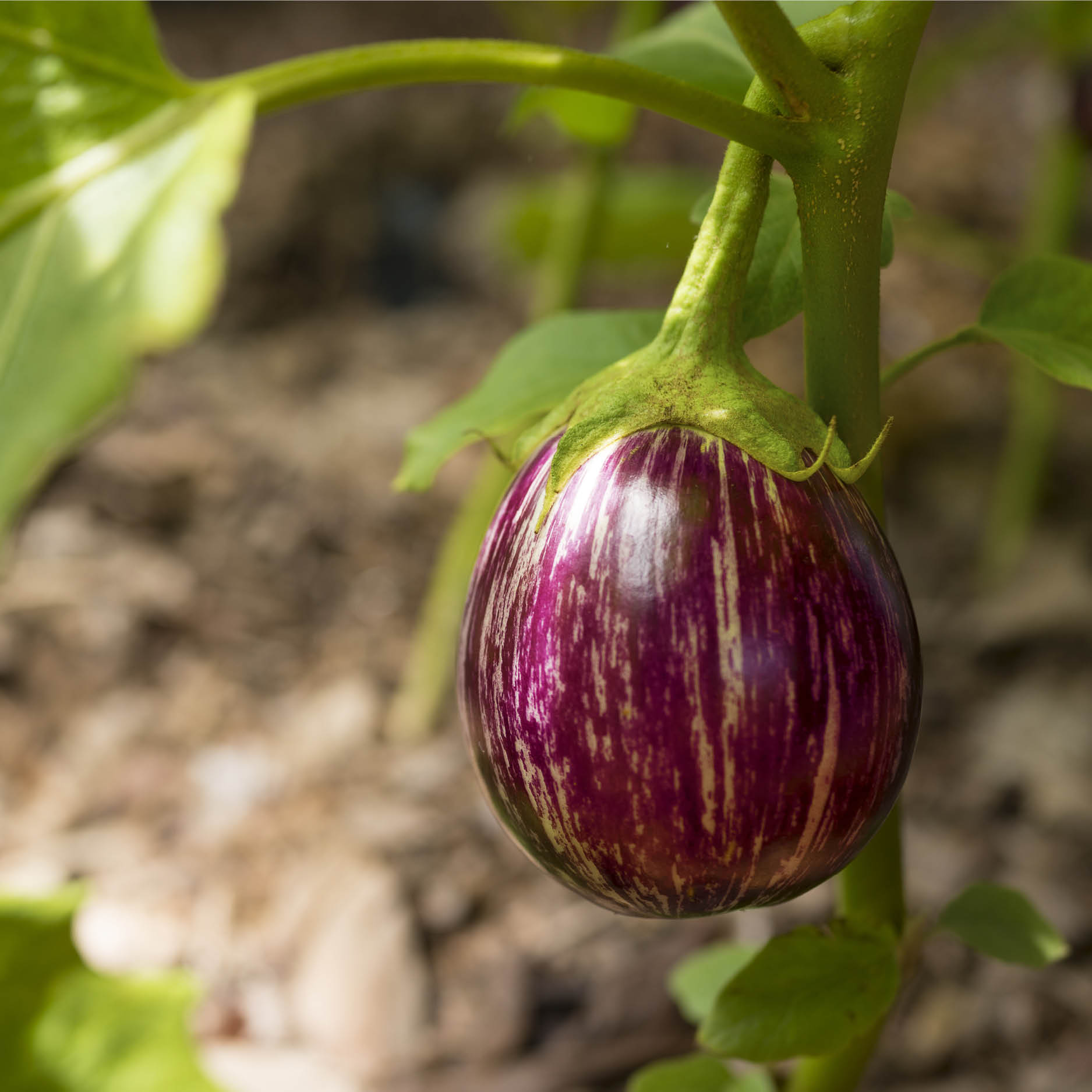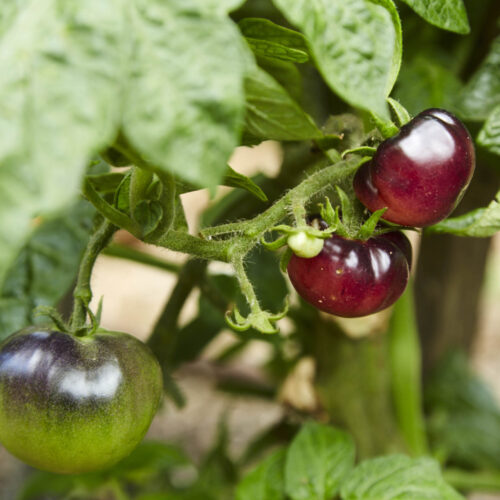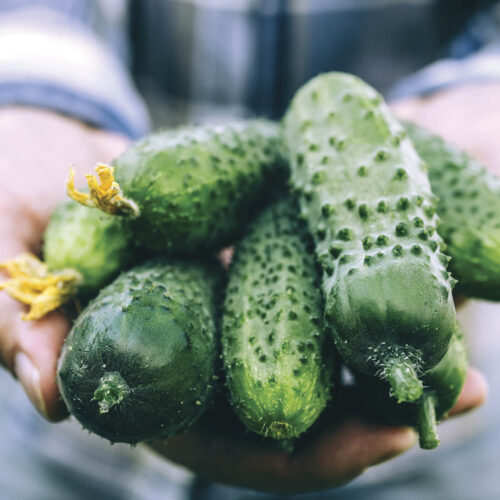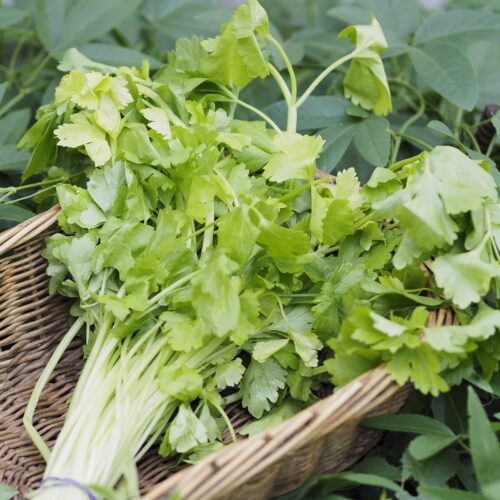How to Grow Organic Eggplant
2012-01-17T04:14:30+11:00
Eggplant is the perfect summer crop for organic gardeners, but it doesn’t come without its challenges, says PHIL DUDMAN
Eggplant loves the heat. That’s why it’s such an important crop in places like India and the Middle East. One thing I have found it doesn’t like is long periods of monsoonal rain. Its roots are quite prone to rot, and if you’ve got a heavy soil, you need to watch out in the wet.
I’ve been caught out a couple of times, so this year I have taken some precautions by elevate the rootball as high as I can. To start with, I created individual planting mounds for each plant, and on top of that, I placed 250mm plastic pots with the bases cut out, filled them with organic compost-enriched soil and planted my seedlings into that. There has been no sign of root rot so far… which is grand, and one of the other benefits is that the pots make watering and fertilising the bushes far more efficient, because it directs the moisture and nutrients straight to the roots, with very little soil runoff… so the bushes are looking strong and healthy and loaded with fruit.
Another major issue I’ve had in the past is leaf-eating lady beetles. Eggplant leaves are one of their favourite targets. I never gave them the attention and respect they deserve in the past, but this year I’m right on to it. There’s hardly a day that goes by when I’m not out there picking them off and squashing them like a man on a mission. There’s still a little damage on the leaves, but it hardly compares to that of previous years.
The other thing I’ve been watching out for is fungal disease. Whenever a leaf looks pale and spotty, off it comes… into a bag and into the rubbish… never in the compost. That alone seems to be enough to slow down the spread of leaf diseases organically, which can be devastatingly cruel in my humid subtropical climate.
So it’s a bumper crop of organic eggplants for me this summer, and I’m well pleased because I love them.






